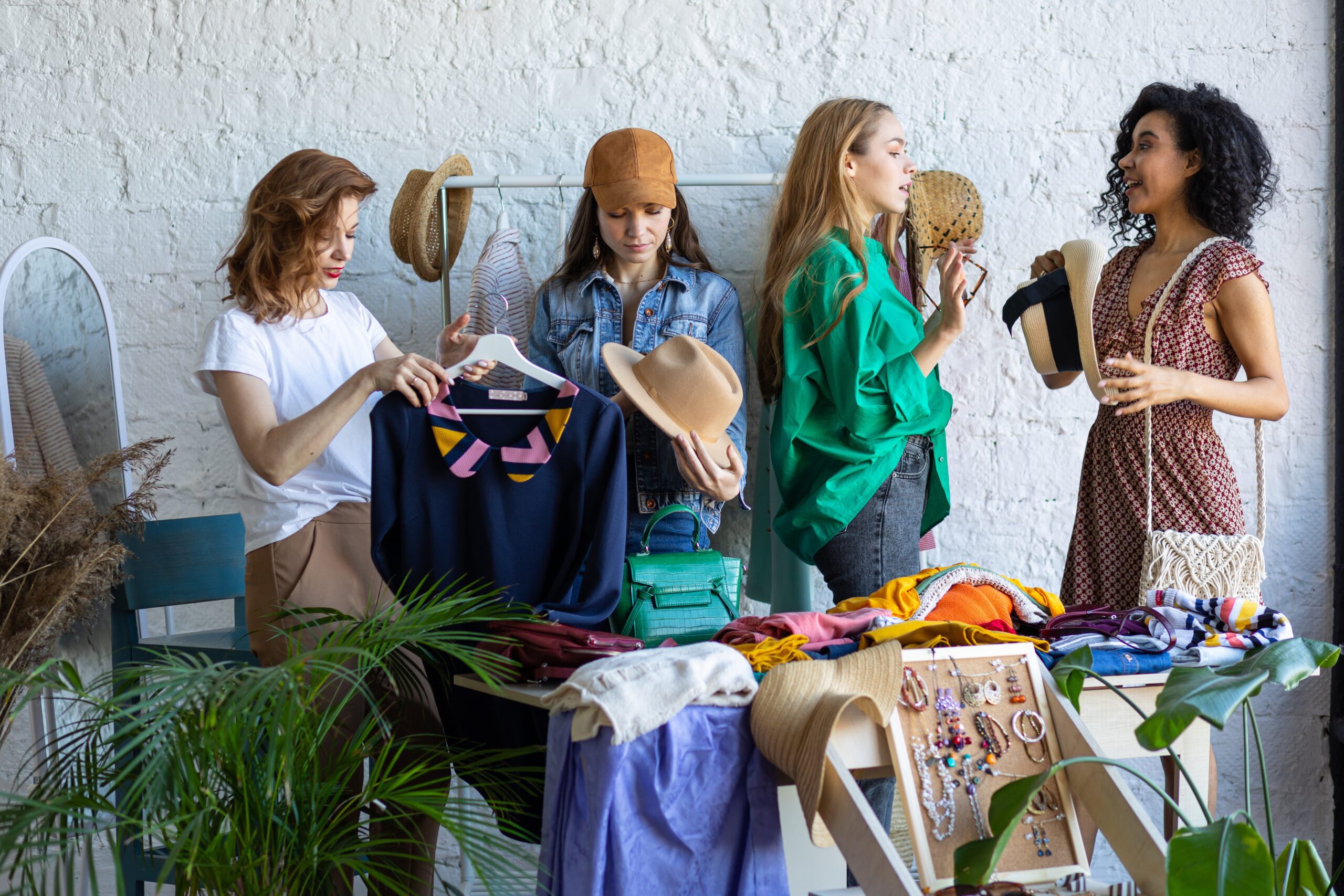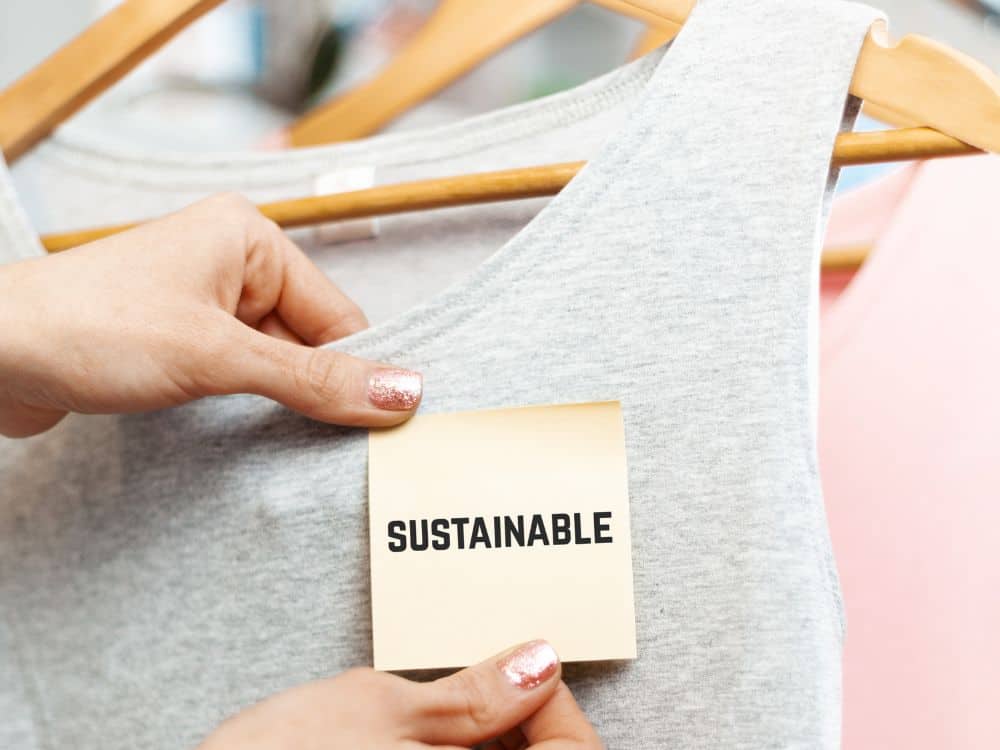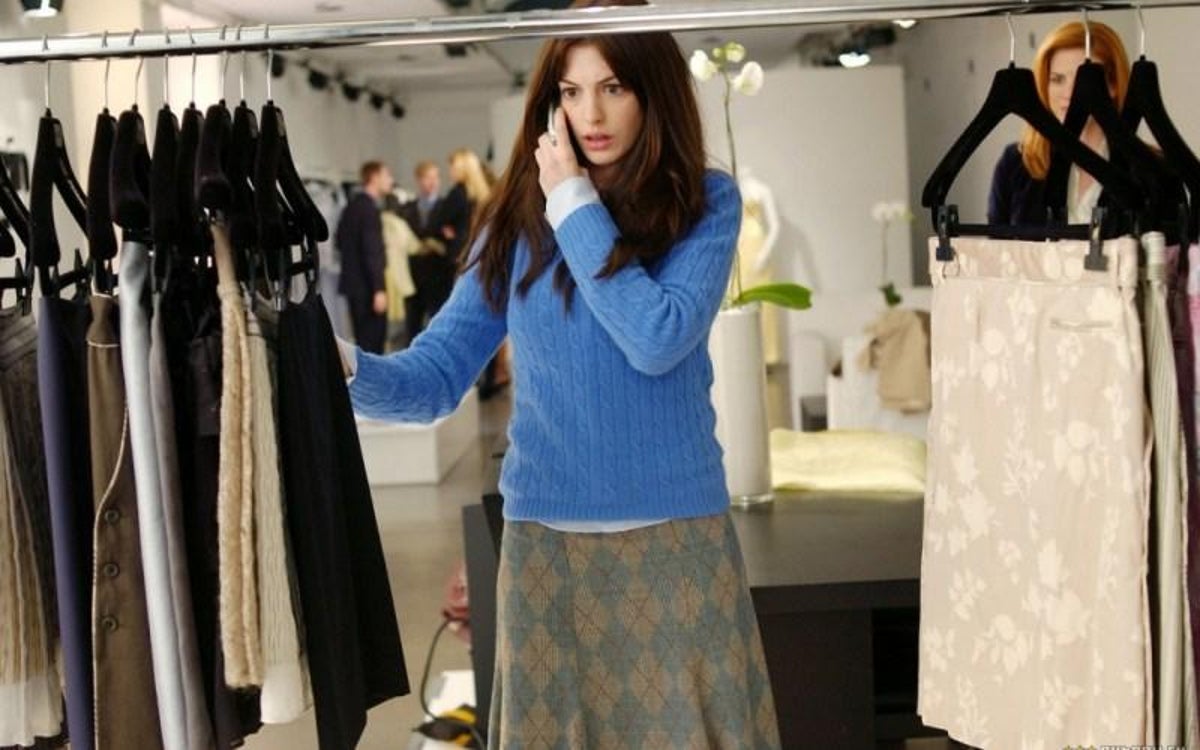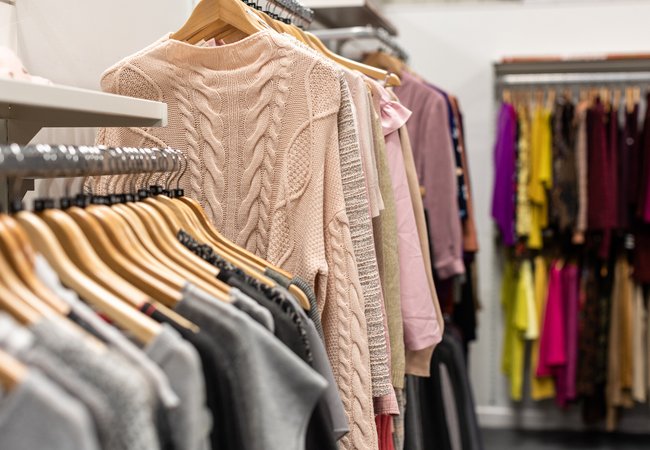We need to start talking more about ethical fashion. We all know it is important, as it is better for the planet, for the workers and even better for our future. But the following is an honest question that many people are afraid to ask: Is ethical fashion affordable?
While people are trying to support slow fashion, shop small and trying to say no to fast fashion giants. There’s the reality of having to deal with budgets, rising living costs and bills. Is there a way to balance our values and our wallets? Let’s break it down.

What is ethical fashion?
Ethical fashion is clothing that is made with respect for the planet, the people and the animals. Which translates into fair wages, safe working conditions, lower environmental impact and also often a cruelty-free or vegan production method.
It usually intersects with sustainable fashion. We mean organic cotton, biodegradable dyes, recycled fabrics and production practices that minimize the waste. While it sounds amazing, it also sounds expensive.

Image from: https://fashinnovation.nyc/what-is-sustainable-and-ethical-fashion/
The price tag problem
We shouldn’t sugarcoat it. Ethical brands come with higher price tags. A t-shirt can cost $60 instead of $10. Or even a dress for $200 instead of $20. And for many people that’s definitively a hard sell. But the nuance is that you are not just paying for the products, you are paying for the fair labor, longevity and quality materials.
Fast fashion thrives on speed and volume, but this happens at the expense of garment workers and also the environment. Ethical brands now produce less and move slower. This means their costs are higher, but the prices are made to last.
And it’s the difference between a cheaper tee that will warp after two washes and an ethical expensive one that you’ll wear for years. If you break int down into cost-per-wear, ethical fashion will start looking a bit more reasonable.

Image from: https://www.rizzliving.com/blog/what-does-ethical-fashion-mean
Affordable is relative
What’s affordable is actually something that varies for everyone. For some people, spending $100 on a jean is totally doable and for others, it’s out of the question. This doesn’t make anyone better or worse. It only means that we are all coming from different places.
And the idea that you have to spend big to shop ethically is false. Of course, some brands are pricey, but there are other ways that you can engage with ethical fashion that don’t require that you max out your credit card.
Ethical fashion is about the mindset
We don’t talk about this part enough. Ethical fashion isn’t just about where you shop, but actually how you shop. Its thoughtfulness, mindfulness and intention. Do you need that piece? Will you wear it more than 30 times? Does it align with your values? That’s an ethical fashion too.
You don’t need to be perfect to participate. You also don’t need to throw out all of your fast fashion or only wear brands that have a 100% traceable supply chain. Ethical fashion is about growth and not guilt.
Let’s not gatekeep sustainability
There’s plenty of privilege baked into the idea that everyone should be able to spend $300 on a coat just because it’s ethically made. But while it’s true that ethical fashion should cost more, because people deserve fair pay. We also need to make room for different realities.
Ethical fashion will never be mainstream if it only caters to the elite. This is why brands need to offer inclusive price points, shopping options and size ranges. The more accessible we make ethical fashion, the more power we will have to change the system.
Is it really affordable?
The truth is that ethical fashion can be affordable. But it will depend on how you define affordability and how you can approach it creatively. It’s not always about spending more, sometimes it is about spending smarter.
You don’t really need a massive budget to build a more conscious wardrobe. You just need the awareness, the intention and also a little bit of creativity. You could be saving for a special price, re-wearing or thrifting,or even slowing down your consumption, and this means you’re already part of the shift. And that’s powerful.





